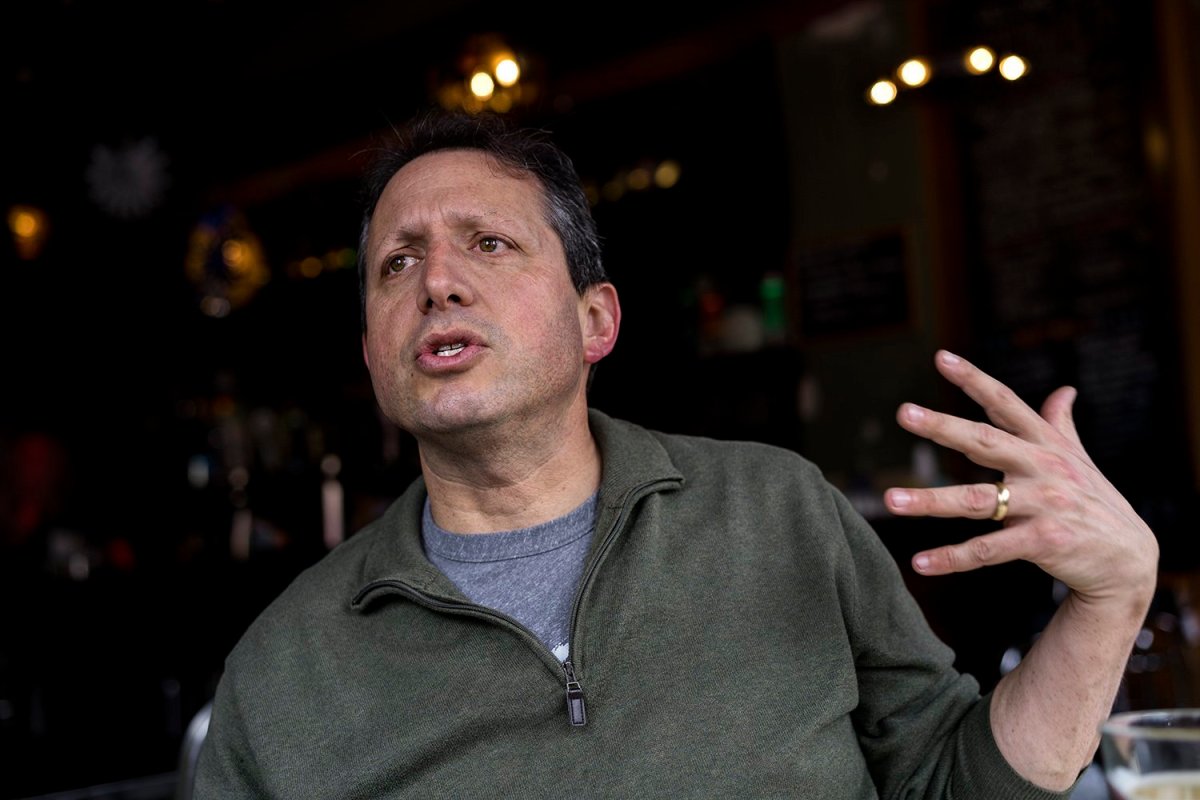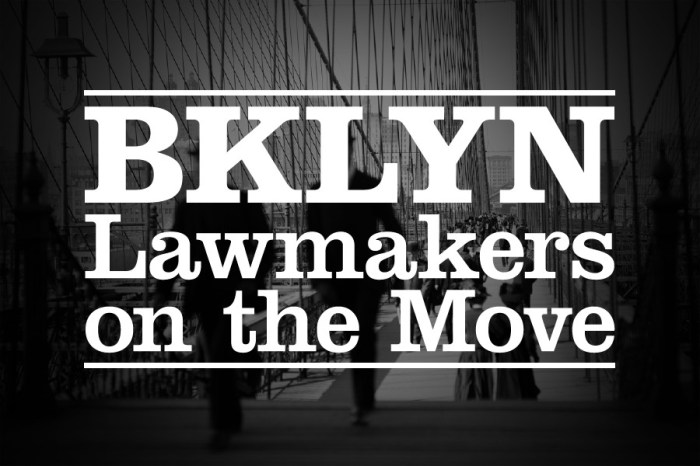Councilmember Brad Lander (D-Cobble Hill, Carroll Gardens, Columbia Waterfront, Gowanus, Park Slope, Windsor Terrace, Borough Park, Kensington), along with Harlem State Sen. Brian Benjamin (D-Manhattan), are thus far the clear frontrunners in the race to succeed term-limited City Comptroller Scott M. Stringer.
Both have raised a considerable amount of money, according to the city’s Campaign Finance Board.
In a chaotic pandemic year that’s got New York City worried about stability, money, and employment, KCP caught up with Lander to ask a few questions on how he plans to bring us back from the brink.
KCP: Why run for the position of Comptroller?
Brad Lander (BL): Even before coronavirus, we were already in a time of peril for our democracy and rapidly eroding trust in government. Gaping inequality in the economy, housing, education, health care, and policing, all exacerbated by the pandemic, has left us fractured and far from the ideals of equal justice or opportunity. Short-sighted politics have left us unprepared for crises, from COVID-19 to climate. An absence of truth-telling makes it harder to trust expertise. And a lack of shared democratic practice leaves us divided when we most need unity.
Now we are faced with the greatest challenge of our generation. We must manage the COVID-19 crisis to save the lives of our neighbors, especially communities of color, who have been hit the hardest. We must thoughtfully bring our city back to life, and help millions of struggling families survive the economic catastrophe. And we must invest now in a long-term rebuilding, with far great attention to long-neglected issues of equity, sustainability, and resilience, to ensure our city’s vibrant future. I’m running for Comptroller to help New York City rise to that challenge.
KCP: You’ve already raised a significant amount of funds. Do you think that firmly puts you ahead in this kind of race for fiscal responsibility of the city?
BL: I’ve been honored to receive widespread grassroots support already in this race, with the most total funds raised, the most grassroots contributions from NYC residents, and the most available to spend with projected matching funds. The job of the comptroller is to ensure that we are budgeting wisely, investing strategically, governing democratically, and living up to our commitments to each other and to future generations. I am running to lead the NYC Comptroller’s office to put those tools to work to help NYC recover from one of its most daunting crises, and to help build a better, fairer, more resilient city that is more prepared for coming crises – and especially the climate crisis.
KCP: How do you view property tax liens? Could that be a substantive source of revenue for the city in the future or should it be abolished?
BL: Tax lien sales historically have disproportionately impacted low- and moderate-income Black homeowners. By selling the lien, the city collects some revenue in the short-run (and does so on the backs of Black New Yorkers) but gives up control over the long-term disposition of the properties. I support ending the existing lien sale program and have proposed replacing it with a model whereby liens would go into a city Land Bank for transfer to community land trusts. The Land Bank would establish a less onerous redemption program for homeowners, ensuring they can remain stably housed, without the predatory fees inflicted by debt collectors. Turning distressed assets into public goods can help more New Yorkers benefit from the city’s growth.
KCP: Do you have a plan to help restore the city’s struggling economy should you get elected?
BL: New York City is facing one of the greatest challenges in our history. We must confront the daunting fiscal reality caused by the COVID-19 crisis, and work towards an economic recovery that restores and renews what makes our city great, invests in a sustainable future for the next generation, and – mindful of the systemic racial inequities so sharply exposed by the crisis – shares those benefits in a far more equal way.
I’ve outlined a plan for a just recovery centered on making long term investments in resilient infrastructure, transit, renewable energy, and affordable housing that will help our city thrive in the future and create good, green jobs in the present. A plan for public investment that puts public health first, invests in our collective future, prioritizes sustainability and resiliency, fosters innovation and inclusive growth, and saves smartly is the starting place for our recovery. I’ll have more to say about detailed proposals in the coming months.
KCP: Do you think borrowing authority is the best bet to help the city out of this financial crisis brought on by the pandemic? Or should we take the risk of waiting for state and federal aid?
BL: We need to be honest about the problems and creative about the solutions. We can’t imagine away the budget gaps, or rely on wishful thinking. Hard choices will be necessary. But shrinking services just at the time when New Yorkers need them most is both cruel social policy and bad economic policy.
A full recovery will rely on robust federal investment from Washington and progressive revenue approaches in Albany. But, NYC is not helpless. In past generations, our leaders helped to pioneer urban investments in clean water and public health, public transportation, the programs of the New Deal, public housing, and public higher education. Those investments were the platform for our city’s growth and success for over a century. We need more of that forward-thinking leadership now.
I opposed the cuts to the capital budget in this year’s budget, and have been pushing to use more long-term borrowing to invest in the future. Long-term capital investments in affordable housing, infrastructure, and economic development are one of the City’s few counter-cyclical strategies to create jobs and stimulate the economy in the coming months, and to strengthen our city for the long term.














